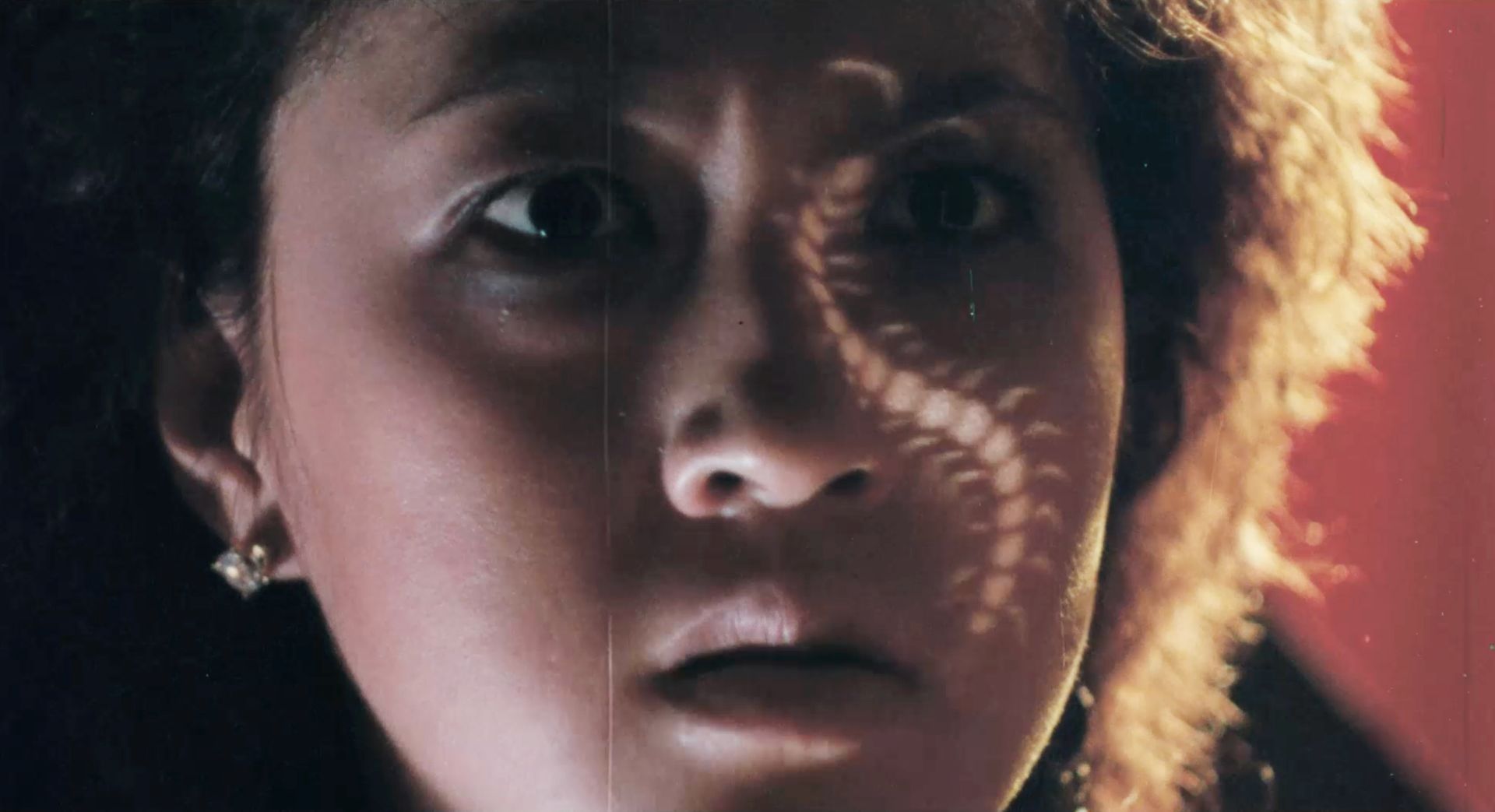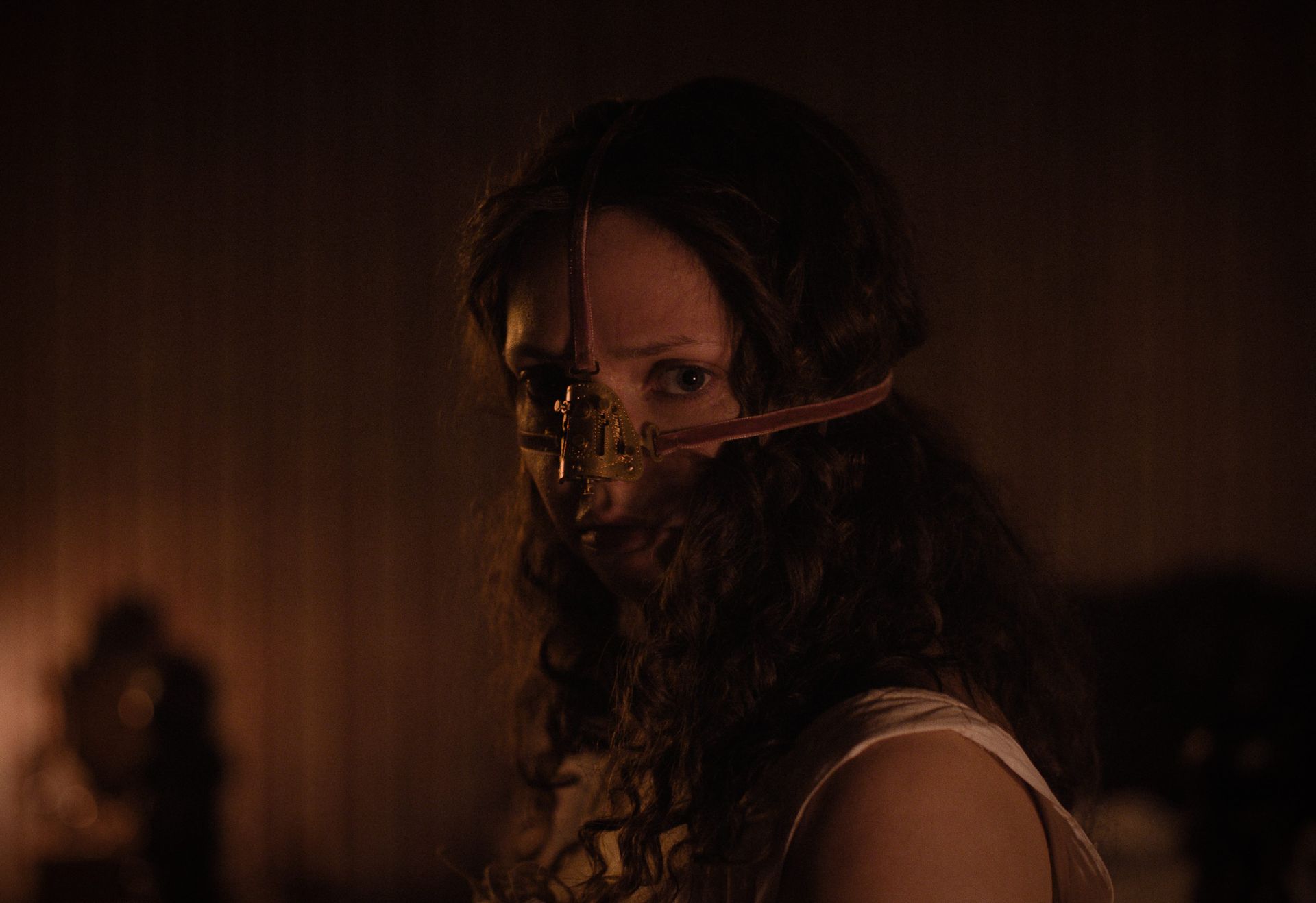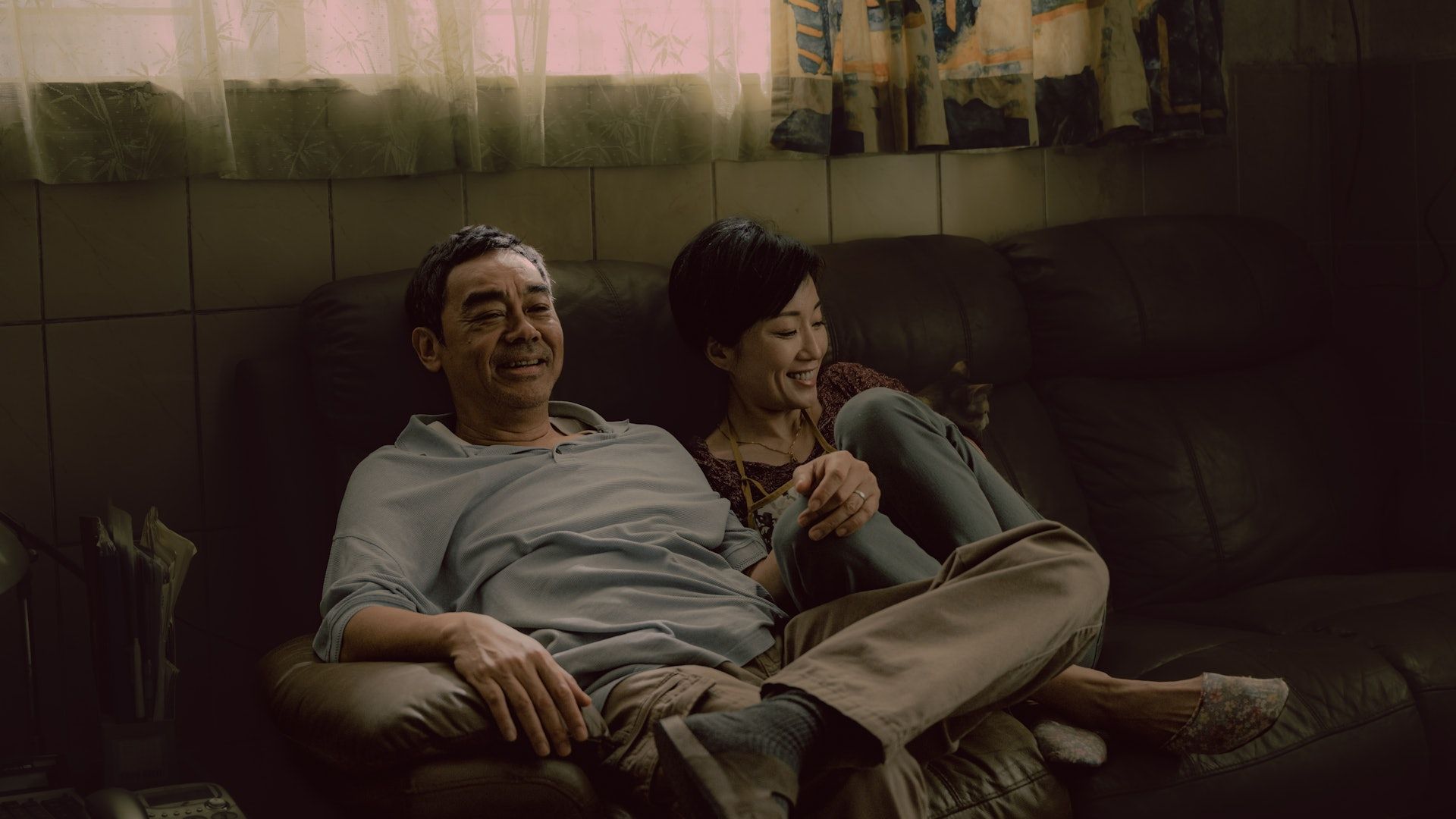Film Review #142: MEGALOPOLIS
Film Review: Megalopolis (2024)
When Francis Ford Coppola’s long-awaited science fiction epic hit the screens at Cannes in May 2024, it was greeted with a response so polarising it could only be described as classically Coppola.
Famously conceived and produced over the better part of a troubled three decades, Coppola’s 138-minute passion project has more in common with
Metropolis (1927) and
The Invisible Man
(1933) than it does with more contemporary sci-fi outings. Filled to the brim with dazzling images that almost overwhelm the screen,
Megalopolis is a vigorously neo-expressionistic experiment that reiterates Coppola’s undying commitment to cinema as an artform we’ve yet to fully discover.
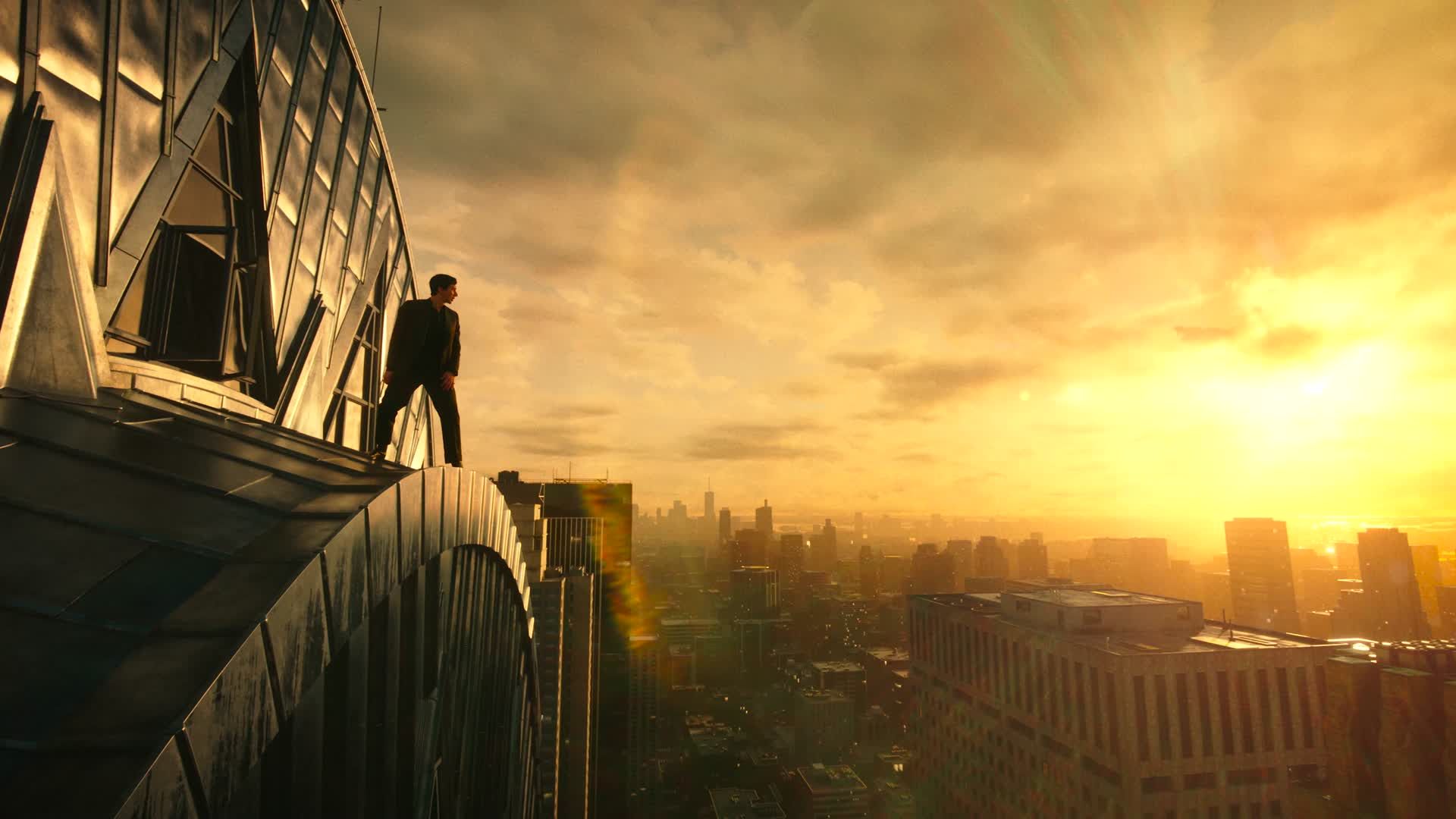
While other directors tend to experiment with technique to distinguish themselves, to carve out a personal brand or motif, it would seem that every discovery Coppola makes only propels him deeper into uncharted territory. Some expected Megalopolis to be the culmination of a legendary lifetime of craftsmanship, instead we find him fresh and unpolished as ever, back in the workshop and breaking new ground yet again.
With wild stylistic swings, bombastic images and a shimmering sonic palette,
Megalopolis is a full-body theatre experience that never quite manages to fully immerse its audience, but is simultaneously impossible to look away from. The result is a film akin to a half-waking dream, fading in and out of consciousness.
Basking in wild abandon, the film takes us on a journey of deconstruction, pulling apart any semblance of cinematic convention and asking us to reimagine the Cinema and the world it exists in.
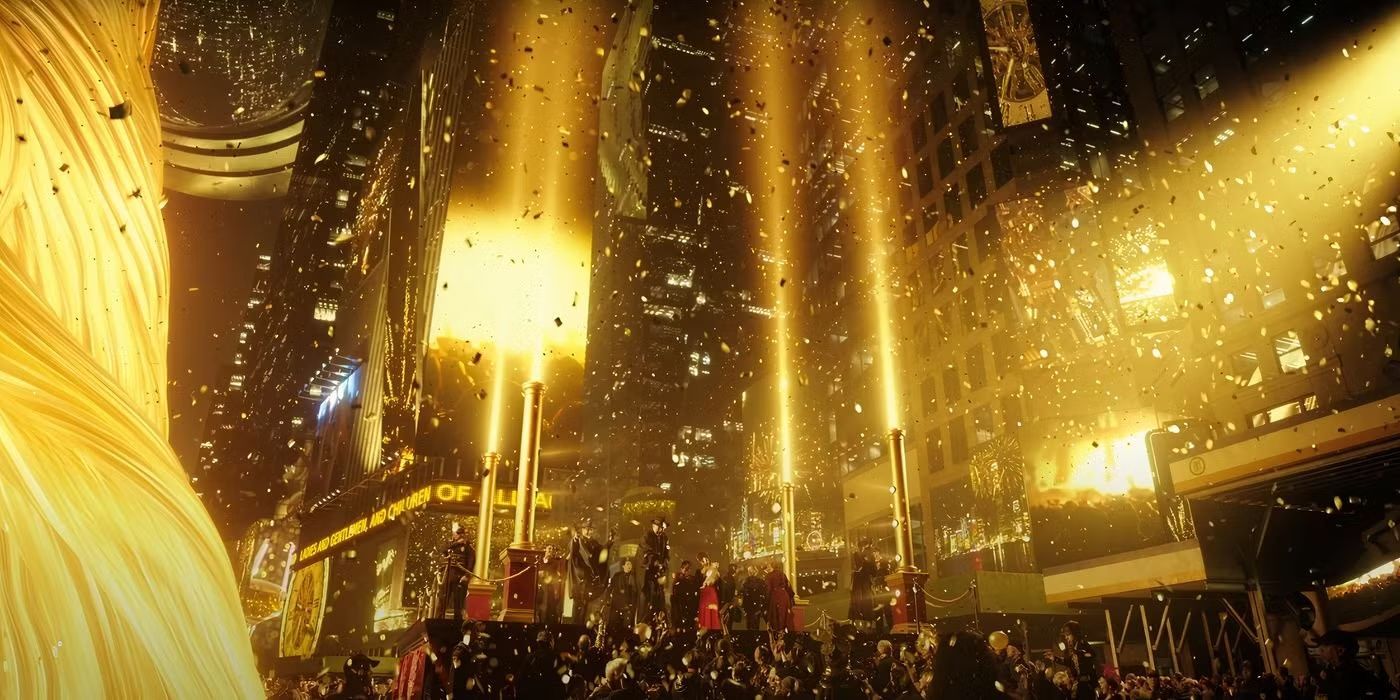
Megalopolis revolves around the oligarchy of New Rome, a society facing rapid decline. From among their ranks emerges Cesar Catalina (Adam Driver), a brilliant architect and inventor whose designs seem to defy the very laws of nature. Cesar dreams of uplifting the society that struggles below him, which brings him into conflict with his self-serving, murderous relatives and the rulers of this dystopian civilisation. Over the course of 2 hours we see Cesar go through great personal sacrifice to realise his dream of building the titular Megalopolis, a self-generating city of the future.

Despite the film’s confounding stylistic approach, its underlying narrative is rather easy to follow. The abstract, sometimes phantasmagorical images are accompanied by Lawrence Fishburne’s booming narration, swooping in to provide interpretation whenever needed. Whether or not these explanations are warranted is debatable, it certainly stifles some of the film’s more potentially ambiguous moments, squashing any subjectivity by aligning us under a singular interpretation.
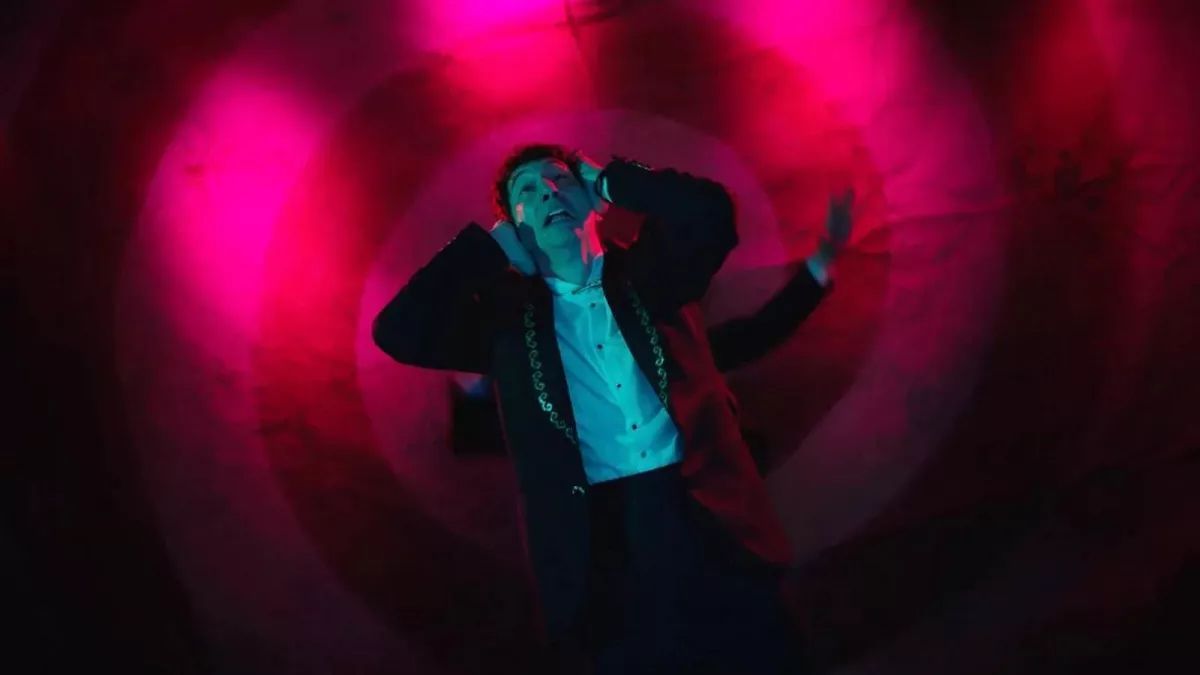
This lack of ambiguity extends to the film’s characters, who are essentially embodiments of archetypal figures. Overtly self-descriptive, and named after their ancient Roman counterparts, they never deviate from what they are clearly stated to be, behaving strictly according to type from beginning to end. They pose almost like statues, and speak in a dialect so odd it has been negatively compared to The Room (2003), and more favourably to the artful campiness of David Lynch’s work in Twin Peaks.
Coppola has a restlessness that has propelled him ahead of other filmmakers in the past. Known for exploring new ideas, one wonders whether his habitual dissatisfaction with the conventional limits of Cinema will ever be fully satisfied.
Megalopolis is a bold attempt to encourage the constant reinvention of Cinema, to never settle for the tools that are currently in existence but to dream above and beyond them.
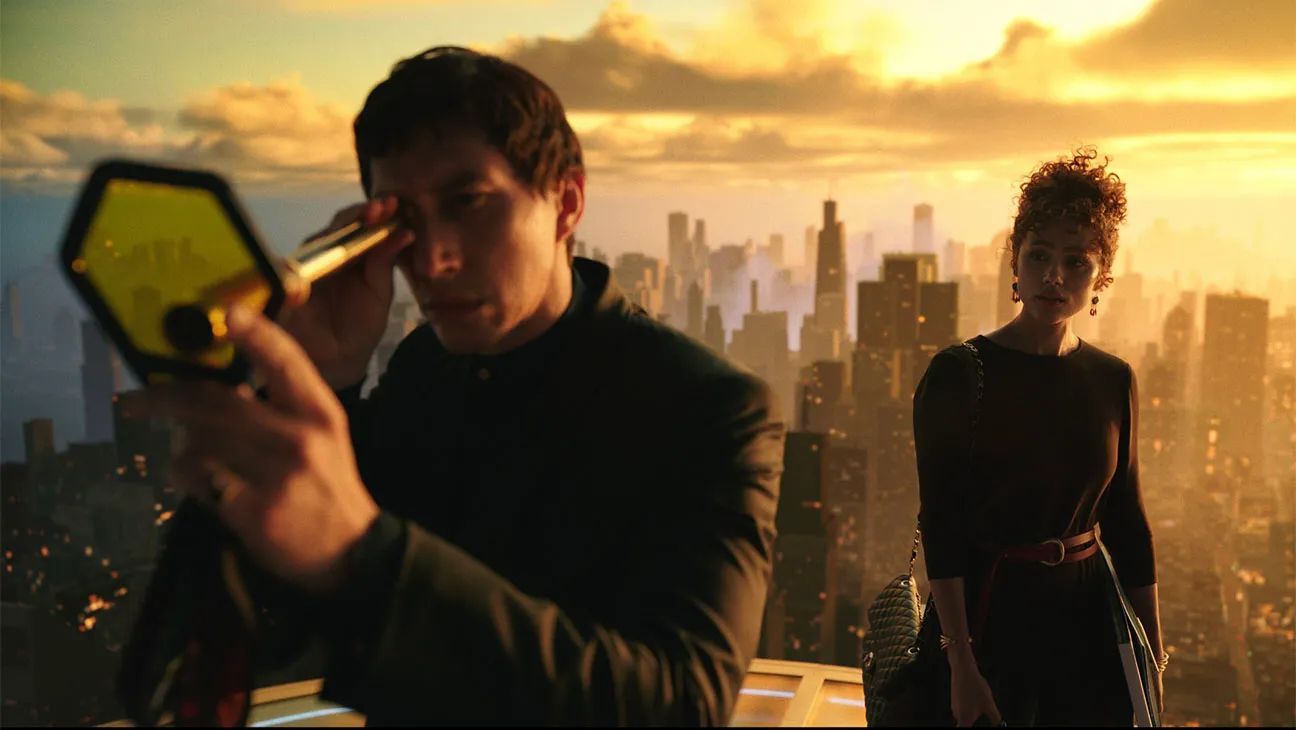
Megalopolis is a tough pill to swallow, difficult for even the most experienced and open-minded cinemagoers to wholly enjoy. But what it stands for is a noble declaration of faith in the cinematic artform, and its ability to overcome great odds to redefine itself and remain relevant to new generations of moviegoers. Whether it actually achieves that relevance itself is something one can only decide if they see the film for themselves.
-------------------------
About the author: Mark’s earliest memories revolve around the television set where, unbeknownst to him, he was beginning a lifelong obsession with Cinema. Hooked on the thrill of watching time and space warped before his eyes, he is committed to showing up at the movies, in whatever form it may be.
This review is published as part of *SCAPE’s Film Critics Lab: A Writing Mentorship Programme, with support from Singapore Film Society.


